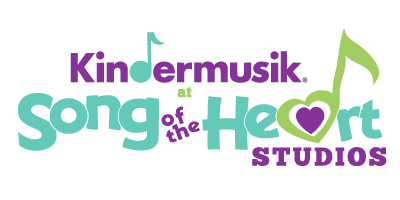5 Ways to to Encourage Optimal Brain Development in Babies and Toddlers
– Sarah Ockwell Smith
1. Hug them lots! The best way to help to support your child’s development is to be responsive to their needs. When they cry, pick them up and try to avoid leaving them to cry alone. Babies and toddlers can’t self-settle. They need us to act as external regulators. Holding your baby in your arms helps to secrete hormones which grow the part of the brain responsible for emotion regulation. You can’t ever spoil a child with love or hold them too much!
2. Look after your own mental & physical health. To be responsive to your baby’s needs, you need to meet your own needs too. This means that looking after your physical and mental health is a key part of helping your baby to develop. We live in a society that is not especially supportive of new parents, having a baby or toddler is hard work at the best of times – during a global pandemic it’s even tougher. If you are struggling do chat with your family doctor, or get in touch with an organisation who can help (I’ve tagged some in this post).
3. Expose them to music. Music has a wonderful effect on the developing brain, it can help babies and toddlers to feel calmer and also helps with the development of language. You don’t need to have any musical skill or talent though, your child is not that discerning! Singing nursery rhymes (however off key), humming along to a radio station swaying with your baby or toddler in your arms, or making up your own tunes are just perfect.
4. Read to them. The more words a baby or toddler hears, the larger their vocabulary and their literacy skills will be as they grow. Reading is a lovely way for partners to bond, for instance taking the role of reading a bedtime story every night. Don’t worry if your baby or toddler never looks at the pages, doesn’t seem to pay attention, or would rather eat the book, your reading will still have an impact!
5. Play with them. Play is the primary tool of learning. You don’t need expensive developmental toys though, simple games of pat-a-cake or peek-a-boo are more than enough. Pull funny faces, blow raspberries and have fun!
***
What’s fascinating about this write up by parenting and child development expert Sarah Ockwell-Smith is how Kindermusik aids in all five of these suggestions.
Her first suggestion is to hug them lots. Intentional touch. Playful touch. We do that in every Kindermusik class from our I Love You Rituals to our cuddle times.
Her second suggestion is to look after your OWN mental and physical health. Kindermusik is meant to be enjoyable for the adult as well and if you engage with your child fully as their partner you will be given natural doses of Joy Juice, that wonderful cocktail of hormones and endorphins that make you feel good. Sometimes that’s just what a stressed out parent needs.
Her third suggestion is to expose them to music. Hello! We already know that music is the ONLY stimulus that lights up ALL areas of the brain simultaneously. It’s long been shown that early musical experiences promote optimal learning far into a child’s future.
The fourth suggestion is to read to your children. This is why we incorporate story time into every Kindermusik class and why Ms Maren gives us a weekly story time over Facebook live. Have you caught her most recent story?
The final suggestion is simply to play. Play with your children. Play is a child’s work. Play is how they learn. Simply being present and playful will give your child everything their brain needs to learn and to grow. Sometimes playfulness doesn’t come naturally to a parent. That’s where Kindermusik comes in! We’re here to support you in crafting playful experiences to share with your child as you partner together during our Kindermusik classes.
We hope that you can see how Kindermusik is the perfect tool to incorporate into your family’s lives and routine. It’s not just fun, it’s also developmentally beneficial. Those benefits will continue to flow over a lifetime. And it all starts here.

